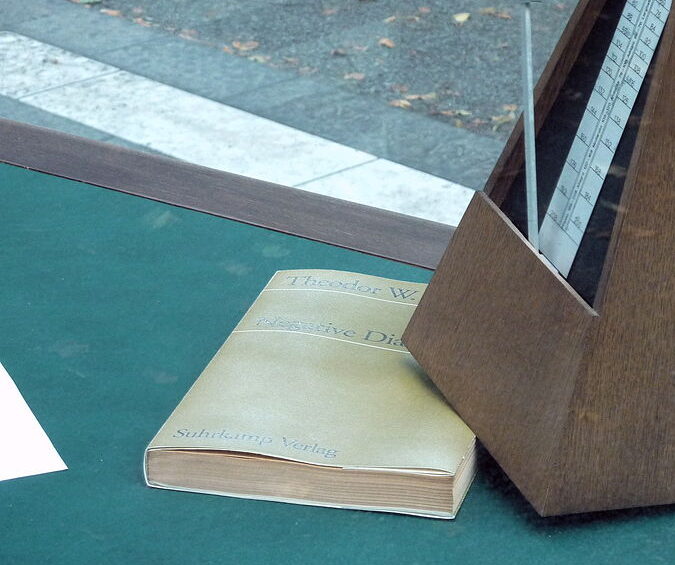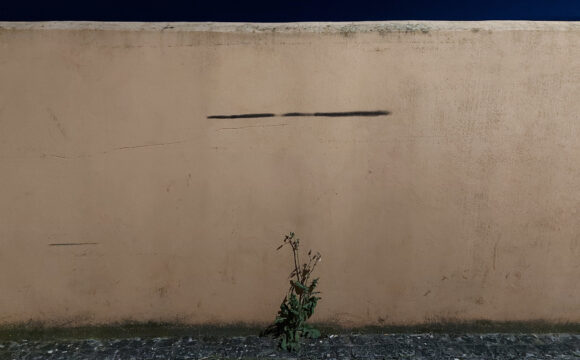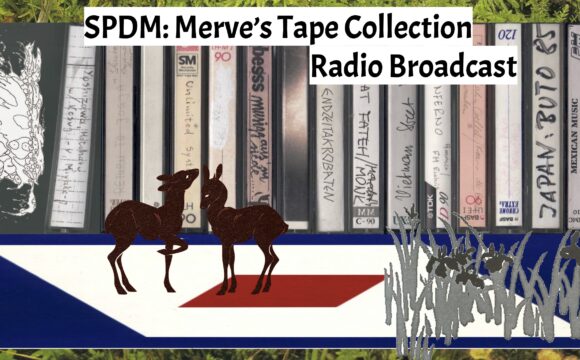Education after Gaza – Critical Theory and the Present
Conversation with
Teresa Koloma Beck | A. Dirk Moses
In cooperation with Berlin Review
Conversation with Teresa Koloma Beck | A. Dirk Moses
In cooperation with Berlin Review
How can we think about education and intellectual critique in times of violence and moral rupture? What demands does the present – amid an authoritarian turn in Europe and the tightening of Staatsräson in Germany – place on intellectual and educational work? Taking up these questions, this event revisits Theodor W. Adorno’s seminal essay “Education after Auschwitz” (1966) and asks how its critical and ethical imperatives might be rethought as an “education after Gaza” today.
In a recent essay for Berlin Review, historian and political scientist A. Dirk Moses relates Adorno’s project to the current condition of German academia and the legacy of the Frankfurt School – raising uncomfortable questions about critique, complicity, and responsibility. Together with sociologist Teresa Koloma Beck, we will discuss Moses’s proposition: what “education” could still mean in an emphatic sense, what role Critical Theory and its legacy might play under present conditions, and whether a free and critical academia remains possible – or even desired – in Germany today.
Teresa Koloma Beck is Professor of Sociology at Helmut Schmidt University in Hamburg, whose research focuses on violence, war, and the affective and epistemic dimensions of social life.
A. Dirk Moses is the Anne and Bernard Spitzer Professor of International Relations at the City College of New York and editor of The Journal of Genocide Research, known for his work on genocide, memory politics, and German postwar intellectual history.

Detail of the Adorno-Denkmal designed by Vadim Zakharov, Frankfurt/Main, Germany
When
1 December 2025,
7.30 pm
Where
diffrakt | centre for theoretical periphery
Free admission
All our events can be attended free of charge.
About
Conversation with Teresa Koloma Beck | A. Dirk Moses
In cooperation with Berlin Review
How can we think about education and intellectual critique in times of violence and moral rupture? What demands does the present – amid an authoritarian turn in Europe and the tightening of Staatsräson in Germany – place on intellectual and educational work? Taking up these questions, this event revisits Theodor W. Adorno’s seminal essay “Education after Auschwitz” (1966) and asks how its critical and ethical imperatives might be rethought as an “education after Gaza” today.
In a recent essay for Berlin Review, historian and political scientist A. Dirk Moses relates Adorno’s project to the current condition of German academia and the legacy of the Frankfurt School – raising uncomfortable questions about critique, complicity, and responsibility. Together with sociologist Teresa Koloma Beck, we will discuss Moses’s proposition: what “education” could still mean in an emphatic sense, what role Critical Theory and its legacy might play under present conditions, and whether a free and critical academia remains possible – or even desired – in Germany today.
Teresa Koloma Beck is Professor of Sociology at Helmut Schmidt University in Hamburg, whose research focuses on violence, war, and the affective and epistemic dimensions of social life.
A. Dirk Moses is the Anne and Bernard Spitzer Professor of International Relations at the City College of New York and editor of The Journal of Genocide Research, known for his work on genocide, memory politics, and German postwar intellectual history.

Detail of the Adorno-Denkmal designed by Vadim Zakharov, Frankfurt/Main, Germany
Stay in the loop
Subscribe to our newsletter!



